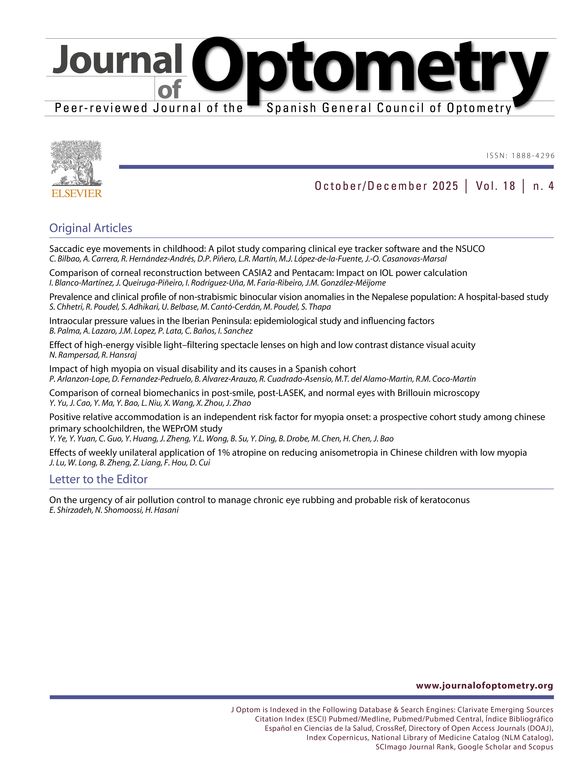Research is an unavoidable and inseparable function of any health profession. Optometry of the future is configured based on two fundamental pillars: prevention and rehabilitation. Within the latter, Orthoptic Visual Rehabilitation stands out, also called Visual Therapy, a field of specialization that in the past has generated controversy in its application as a result of the scarce scientific evidence that was previously available. However, in the recent years and despite the difficulties, an important body of evidence has been built that supports the approach in certain prevalent conditions such as convergence insufficiency or amblyopia. The application of the scientific method has been exclusively the way that has allowed researchers to theorize and confirm the neurophysiological models of action of vision therapy. In this way, research has managed to provide certainty to clinical practice and has allowed the formation of a body of knowledge of its own that has made possible independence of criteria and action, a direct consequence of the articulation of general theories, research and grounded practice in evidence
It is indisputable that the results of research in Optometry provide improvements in clinical practice, specifically in the fields of Binocular Vision and Orthoptic Visual Rehabilitation, with the fundamental objective of generating knowledge and in order to improve the effectiveness, efficiency in management, execution of the rehabilitation intervention and, above all, the safety of the patient who trusts our professional criteria. Therefore, orthoptic visual rehabilitation can only grow and be fully exercised as a sub-specialty by optometrists, who guarantee all the required skills and knowledge, for example the ability to practice refraction and the extensive knowledge of binocular vision.
The application of Evidence-Based Optometry also allows us to identify and ban from clinical practice those procedures and techniques that have been used without scientific basis and that have not been able to demonstrate it. It is mandatory for a health professional not to recommend and even condemn this type of action, which also appears as the greatest threat to the progress of a scientific discipline and a robust professional body.
We must not forget that the practice of research in contemporary science requires collaboration and interdisciplinarity. Research groups stimulate and facilitate the development of ideas and projects, the transfer of knowledge and require training in research methodology.
The future that we want for Orthoptic Visual Rehabilitation and the knowledge of Binocular Vision requires us to understand that its progress is exclusively linked to the application of proven scientific research methodologies.








